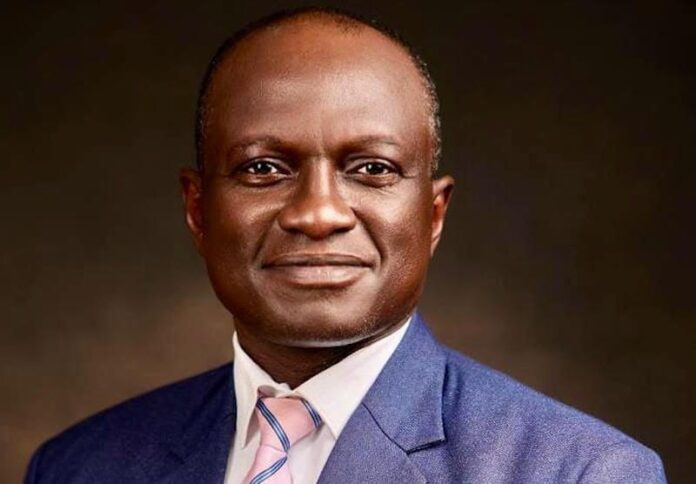By ABAH ADAH, Abuja
Coordinator, National Counter-Terrorism Centre in the Office of the National Security Adviser, NCTC-ONSA, Major-General Adamu Laka has declared that violent extremism remains one of the most complex security challenges that the country is facing.
The NCTC boss disclosed this while declaring open, a two-day validation meeting/workshop on Preventing and Countering Violent Extremism, PCVE, Guidelines and Strategic Communication Plan in Abuja, on Wednesday.
Appreciating the National Security Adviser, NSA, Mallam Nuhu Ribadu, for his continued support for their efforts in PCVE, General Laka explained that the workshop highlights their unified determination to enhance the nation’s capacity to counter violent extremism and ensure seamless implementation of PCVE’s strategies at every level of governance.
“As you are all aware, violent extremism remains one of the most complex security challenges of our time. It threatens our national security and the very fabric of our communities, institutions and social cohesion.
“In response to this, the federal government developed the Policy Framework and National Action Plan, PF-NAP, for PCVE to serve as a guiding strategy for a whole-of-government and whole-of-society approach in tackling radicalisation and violent extremism in Nigeria.
“However, a policy is only as effective as its implementation, and that is why we are gathered here today, to ensure that we take deliberate and strategic steps toward localising and operationalising this framework,” Laka said.
Speaking further, he said “over the course of these two days, we will focus on two critical components that are central to the success of PCVE efforts in Nigeria.
“Firstly, the domestication and localisation of PF-NAP for PCVE. This will be done through exploring strategies to integrate PCVE principles into the operational frameworks of ministries, departments and agencies, as well as at the state and local government levels. We will also identify existing gaps, challenges and opportunities for institutionalising PCVE efforts across various sectors.
“Secondly, the validation of PCVE Guidelines and Strategic Communication Plan. For this, we will conduct a thorough review of the draft PCVE Guidelines to ensure that they align with national priorities, security realities and international best practices.
“Furthermore, we will validate the draft Strategic Communication Plan, taking cognizance, that effective messaging is crucial in countering extremist narratives, fostering positive community engagement and ensuring that our response remain proactive, and evidence based.”
Stressing the imperative of all stakeholders joining hands in active participation and critical insights for expert recommendations towards combating violent extremism effectively, he urged participants to bear in mind that PCVE is not solely a security issue, but also a governance, development, and social cohesion issue.
“Hence, it requires a multi-faceted, multi-stakeholders and multi-dimensional approach. Our success depends on the coordination of efforts, synergy of policies and harmonisation of strategies at all levels.
“At the end of this workshop, we expect to have a clear roadmap for the localisation of the policy framework, validated PCVE Guidelines and an endorsed Strategic Communication Plan, all of which will serve as blueprints for future implementation,” he noted.





